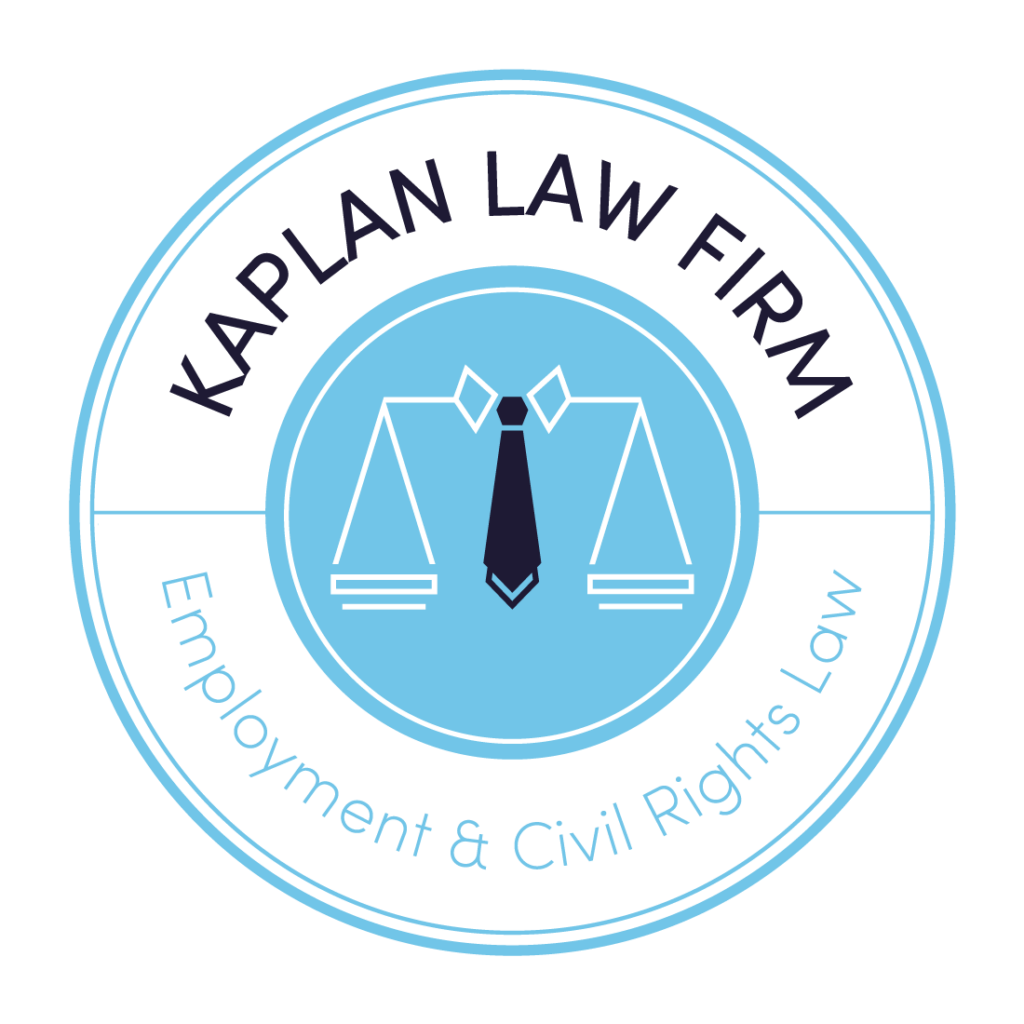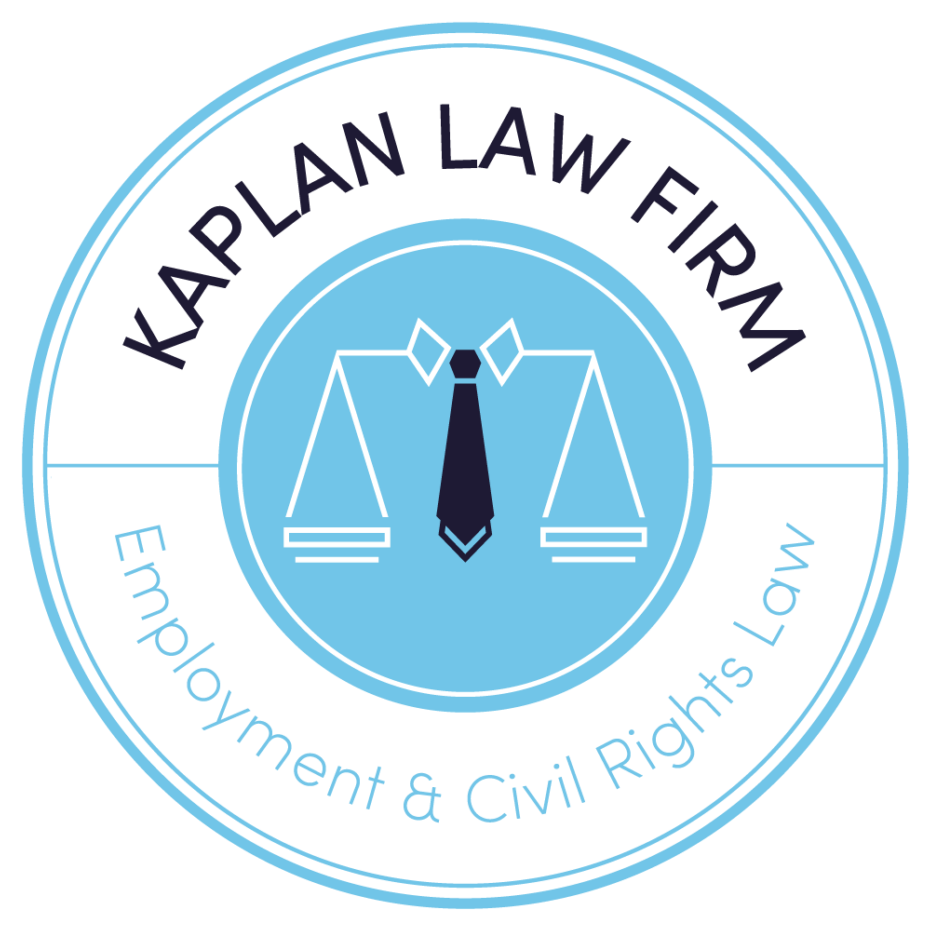What is a whistleblower lawsuit?
When someone has evidence that a company or individual has engaged in misconduct – such as fraud, embezzlement, or insider trading – they can make reports and/or file a whistleblower lawsuit alerting authorities to these misdeeds.
Whistleblower lawsuits are one of the federal government’s key defenses against fraud and other types of misconduct, which is why they handsomely reward successful claims. Under the federal False Claims Act, whistleblowers can receive compensation if their lawsuit is successful in recovering funds the government has lost to fraud.
What is qui tam law?
Qui tam law is perhaps the most notable type of whistleblower law – it involves cases filed in response to a person or organization defrauding the U.S. government. These lawsuits are filed under the False Claims Act.
The term qui tam comes from the Latin expression qui tam pro domino rege quam pro se ipso in hac parte sequitur, which means, “[he] who sues in this matter for the king as well as for himself.” Successful qui tam lawsuits can greatly benefit both the government and the whistleblower, the latter of which may be entitled to a sizable award in the event that the government sanctions the party that’s guilty of fraud.
In general, internally making a good faith, subjectively and objectively reasonable report opposing one or more frauds on the federal government by your employer will often shield you from workplace retaliation. Employers who fire whistleblowers for telling their supervisor to stop fraud on federal payors (such as fraud on Medicare, overbilling Medicaid, billing for services not provided to Tricare, etc.) may be liable under 29 U.S.C. 3730(h) for the fired whistleblower’s back pay, front pay, unlimited compensatory damages, and attorney’s fees and costs. The employer may also be liable under the Texas Medicaid Fraud Prevention Act (TMFPA).
What are some whistleblower case examples?
Some of the most common types of misconduct that prompt whistleblower lawsuits include the following:
- Healthcare fraud
- Defense contractor fraud
- Embezzlement
- Environmental hazards
- Falsifying financial reports or statements
- Insider trading
- Making false statements to corporate auditors
- Making false statements to the market on financial documents at a publicly traded company (including false revenue recognition)
- Medicare or Medicaid fraud
- OSHA workplace safety violations
- Pharmaceutical kickbacks (pharma companies paying doctors to prescribe or promote their drugs)
- Procurement fraud (manipulating the procurement process to land a government contract or service)
- Securities and commodities trading fraud
- Tax evasion or tax fraud
- Unlawful billing
Who can be a whistleblower?
Any person with evidence of fraud or other unlawful activity on the part of a company or individual could potentially file a whistleblower lawsuit. Whistleblowers may include:
- Employees of federal contractors
- Employees in the public sector
- Employees of nonprofit organizations
- Employees of publicly-traded companies
- Employees at hedge funds, startups, crypto funds (specifically under the Bank Secrecy act’s new protections), healthcare organizations
- Employees of private companies (often in the financial or pharmaceutical industry)
- Government contractors
The main criteria for whistleblowing are that a person has knowledge (and ideally, evidence) of fraud or misconduct, and they’re willing to step forward and report it. For this reason, it is critically important to seek legal advice whenever possible while still employed, and ideally before first blowing the whistle.
Are whistleblower complaints anonymous?
Some whistleblowers are able to maintain their public anonymity, for example SEC whistleblowers and qui tam relators while the case is still under seal. The Securities and Exchange Commission (SEC) “treats all [whistleblower] tips, complaints and referrals as confidential and nonpublic, and does not disclose such information to third parties, except in limited circumstances authorized by statute, rule, or other provisions of law.”
Additionally, all whistleblowers can remain relatively anonymous before they file suit. Whether to make an initial internal hotline report anonymously or not is a critical strategic question that you and a lawyer should discuss, if possible, before you blow the whistle.
How much money can a whistleblower recover?
The amount of compensation a whistleblower can receive will depend on the nature and scope of the unlawful activity they report, as well as the strength of the evidence. For fraud committed against the U.S. government, the SEC often awards millions or even tens of millions of dollars. In September 2021, the SEC surpassed $1 billion in total whistleblower awards. SEC whistleblowers are entitled to receive between 10-30% of monetary sanctions imposed. Qui Tam relators similarly may collect a percentage of the fraudulent funds recovered.
Wrongfully terminated whistleblowers can generally recover back pay, front pay, uncapped compensatory damages, and fees and costs. A recent defense contractor whistleblower who was retaliated against but not fired received a seven-figure award consisting entirely of compensatory damages. Wrongfully terminated whistleblowers can bring claims under federal statutes including the False Claims Act (FCA), or National Defense Authorization Act (NDAA) retaliation protection.
Do whistleblowers get in trouble?
Blowing the whistle can be frightening, especially if the subject of the complaint is a powerful company or person. Thankfully, there are laws in place that are designed to protect whistleblowers from retaliation and to keep their disclosures confidential.
Under the False Claims Act, whistleblowers are protected from retaliation after reporting companies or individuals that have defrauded the government. The TMFPA protects Texans who report fraud on Medicaid in Texas.
In addition to maintaining confidentiality for whistleblowers, the Whistleblower Protection Act also prevents employers from firing, demoting, or otherwise punishing federal employees for reporting misconduct.
Similarly, here in Texas, the Texas Whistleblower Act protects public employees (such as teachers, bus drivers, law enforcement, commission members, etc.) from whistleblower retaliation.
One of the strongest whistleblower protections is hiding in plain sight in the NDAA, which provides for contributing factor causation and protects internal reporting to your supervisor.
Can a whistleblower get sued?
As noted in the section above, there are many federal and state laws that protect whistleblowers from retaliation. That said, every state, industry, and situation is different, and there are no guarantees. For example, if a whistleblower were to obtain evidence of misconduct through unlawful means, or in ways that violate company policy, they could potentially be fired or even sued. Generally, you should never hack into systems or download all the data from any one system, you should save evidence within your existing access and only the evidence you need to prove your whistleblower claim.
The best way to ensure you don’t open yourself up to a countersuit or another type of retaliation is by working with an experienced whistleblower attorney. Contact us for a free, confidential consultation to see if we can help.
Does Texas have a whistleblower law?
Yes, the TMFPA protects reporters of fraud on Texas Medicaid, and the Texas Whistleblower Act protects public (but not private) employees from whistleblower retaliation by their employers. Some examples of employees who would be protected under this law are:
- Law enforcement officials
- Public school/state university teachers, administrators, and staff
- Texas Department of Insurance employees
- Texas Department of Transportation employees
- Texas Health & Human Services employees
- Any other employees of a local or state commission (Parks and Wildlife, Department of Public Safety, Texas Lottery Commission, etc.)
Public employees who report unlawful behavior in good faith are protected from retaliation by their employers. Types of retaliation that are prohibited include a demotion or pay cut, harassment, and wrongful termination.
Under the Texas Whistleblower Act, public employees who fall victim to these retaliatory tactics may be able to file a lawsuit to recover back pay, lost wages, and other damages.
What protections do I have under the False Claims Act if I report fraud against the government?
The False Claims Act (FCA) is designed to protect whistleblowers who report fraudulent activity involving government funds or programs. If you report such fraud, the law protects you from retaliation, such as wrongful termination, demotions, or harassment. Additionally, under the FCA, whistleblowers may be eligible to receive a portion of any recovered funds if the case is successful. To fully understand your rights and protections as a whistleblower, reach out to the team of attorneys at Kaplan Law.
How does the SEC Whistleblower Program protect employees who report securities violations?
The SEC Whistleblower Program provides incentives and protections for individuals who report securities violations, such as insider trading or fraud. Whistleblowers may receive a financial reward if their information leads to a successful enforcement action. Additionally, the program safeguards whistleblowers from retaliation, such as being fired or mistreated for their report. The SEC also allows whistleblowers to report violations anonymously. If you are considering reporting securities violations, Kaplan Law can guide you through the process and ensure your rights are protected.
What steps should I take if I suspect Texas Medicaid fraud at my workplace?
If you suspect Medicaid fraud in Texas, acting carefully is essential. Whistleblowers play a vital role in exposing fraud, but it’s important to gather evidence and consider reporting the fraud to the Texas Medicaid Fraud Control Unit (MFCU) or through internal channels at your workplace. Whistleblowers who report in good faith are typically protected under state and federal laws from retaliation. Contact Kaplan Law’s whistleblower attorneys to ensure your rights are safeguarded and to get advice on how to proceed.
Can I be protected from retaliation if I report financial fraud within my company?
Yes, whistleblowers who report financial fraud, such as fraudulent accounting practices or misappropriation of funds, are generally protected under federal and state laws. Protections include safeguarding whistleblowers from retaliation, like wrongful termination or demotions. To ensure you follow the proper steps and protect your whistleblower rights, Kaplan Law can help you navigate reporting financial fraud and defending against retaliation.
What should I do if I know about fraud related to Paycheck Protection Program (PPP) funds?
If you are aware of PPP fraud, whistleblowers can report it to the U.S. Department of Justice or the Small Business Administration’s Office of Inspector General. Gathering evidence of the fraud is important to support your claim. Whistleblowers are typically protected from retaliation when reporting fraud. To ensure you are taking the correct legal steps and protecting yourself from retaliation, Kaplan Law can assist you in this process.
What are my rights if I’m fired for refusing to perform an illegal act at work?
If you were fired for refusing to participate in illegal activity, whistleblower protections may apply to your situation. Many laws safeguard employees from retaliation when they refuse to engage in unlawful acts or report them. It's important to document the situation and contact Kaplan Law to explore your rights and legal options. You may have grounds to file a whistleblower claim for wrongful termination and seek compensation for damages.
Why should I work with Kaplan Law Firm?
Kaplan Law Firm is an employment law and civil rights firm that’s been proudly serving Texans since 2015. Founded by Austin Kaplan in Austin, Texas, our firm has represented hundreds of clients in a wide range of employment and civil rights matters, including whistleblower complaints and claims for whistleblower retaliation.
We’ve recovered millions of dollars for our clients; received dozens of five-star reviews on Google and Avvo; and our attorneys have been featured in The New York Times, The Washington Post, Bloomberg, Fast Company, and on CNN.
Reach out today for a free, confidential case review to see if we can help you put a stop to fraud.
Schedule Your Appointment
Effortlessly book, manage, & pay for your appointment with one of our attorneys using our secure online scheduler!

